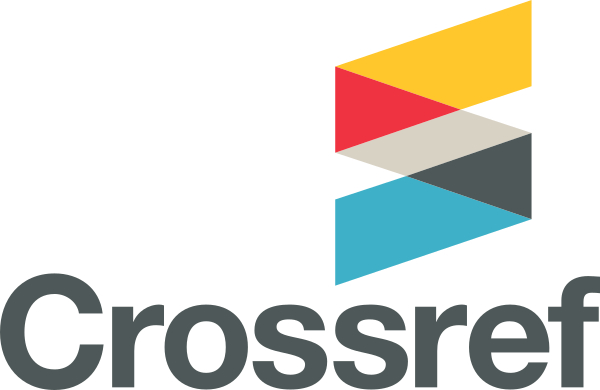JSER Policies
JSER Online
JSER Data
Frequency: quarterly
ISSN: 1409-6099 (Print)
ISSN: 1857-663X (Online)
Authors Info
- Read: 31287
|
РАНАТА ДИЈАГНОСТИКА КАКО ПРЕДУСЛОВ ЗА УСПЕШНА КОХЛЕАРНА ИМПЛАНТАЦИЈА
Зора ЈАЧОВА1
Филозофски факултет |
|
EARLY DIAGNOSIS AS A PRECONDITION FOR A SUCCESSFUL COCHLEAR IMPLANTATION
Zora JACHOVA1
Faculty of Philosophy |
||
|
|
|
|
||
|
Резиме |
|
Abstract |
||
|
Сите истражувања укажуваат на фактот дека раната детекција и дијагностика сè уште се извршуваат доцна (по третата година во животот), така што во првите три години од животот не се воспоставуваат развојните промени на начин кој ги вклучуваат интеррелациските аспекти на човечкиот развој и неговите природни секвенци. Со вклучувањето на раните рехабилитациски постапки се поттикнува позитивниот начин на комуникација кај малото глуво дете, така што тоа произведува и процесира информации кои можат да доведат до позитивни квалитети и промени во развојниот процес. |
|
All researches point to the fact that the early detection and diagnosis are still performed late (after the third year of life), so in the first three years of life there is no establishment of the developmental changes in a way that they include the interrelation aspects of the human development and its natural sequences. With the start of early rehabilitation procedures we encourage the positive manner of communication in the small deaf child, so that it manufactures and processes information that can lead to positive quality changes in the developmental process. |
||
|
|
|
|
||
|
Citation:Jachova Z, Karovska A. Early Diagnosis as a Precondition for a Successful Cochlear Implantation. J Spec Educ Rehab 2007; 8(3-4):41-48. |
||||
|
|
||||
| Клучни зборови: слушно оштетување, рана дијагностика, неонатален скрининг, кохлеарна имплантација | Key words: hearing impairment, early diagnosis, neonatal screening, cochlear implantation | |||
| Адреса за коресоденција | Address for corespodence | |||
|
Зора ЈАЧОВА |
|
Zora JACHOVA |
||
|
Универзитет „Св. Кирил и Методиј“ |
|
“Ss Cyril and Methodius” University |
||
|
|
|
|
||
Share Us
Journal metrics
-
 SNIP 0.059
SNIP 0.059 -
 IPP 0.07
IPP 0.07 -
 SJR 0.13
SJR 0.13 -
 h5-index 7
h5-index 7 -
 Google-based impact factor: 0.68
Google-based impact factor: 0.68
10 Most Read Articles
- PARENTAL ACCEPTANCE / REJECTION AND EMOTIONAL INTELLIGENCE AMONG ADOLESCENTS WITH AND WITHOUT DELINQUENT BEHAVIOR
- RELATIONSHIP BETWEEN LIFE BUILDING SKILLS AND SOCIAL ADJUSTMENT OF STUDENTS WITH HEARING IMPAIRMENT: IMPLICATIONS FOR COUNSELING
- EXPERIENCES FROM THE EDUCATIONAL SYSTEM – NARRATIVES OF PARENTS WITH CHILDREN WITH DISABILITIES IN CROATIA
- INOVATIONS IN THERAPY OF AUTISM
- AUTISM AND TUBEROUS SCLEROSIS
- THE DURATION AND PHASES OF QUALITATIVE RESEARCH
- REHABILITATION OF PERSONS WITH CEREBRAL PALSY
- DISORDERED ATTENTION AS NEUROPSYCHOLOGICAL COGNITIVE DISFUNCTION
- HYPERACTIVE CHILD`S DISTURBED ATTENTION AS THE MOST COMMON CAUSE FOR LIGHT FORMS OF MENTAL DEFICIENCY
- DIAGNOSTIC AND TREATMENT OPTIONS IN AUTISTIC SPECTRUM DISORDERS – AN OVERVIEW
















